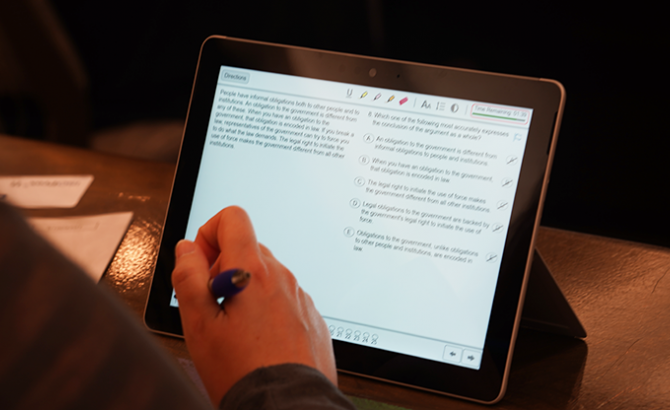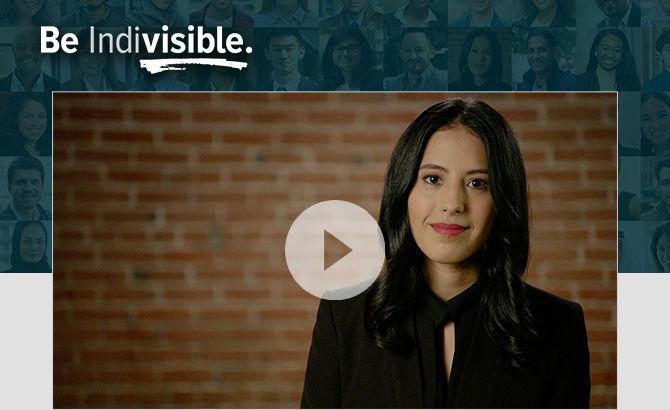A blog exploring all aspects of law and legal education — the future of the legal profession, access to justice, diversity and inclusion, testing and assessment, law and technology, and more.
Displaying 10 of 26
Using the PLUS Program as a model, three Texas schools developed a unique model of student-support collaborations between an HBCU and a PWI.
By Eric Dieter
By Eric Dieter
Los Angeles-area native Fabian Guzman speaks frankly on why it’s important for those working in the legal field to look like the people they serve.
Carlos Cedillo-Silva saw a legal education as a far-fetched dream, but a summer in the PLUS Program turned his burden into a reality.
Keni Anthony says she’s always wanted to attend a historically Black university. “Ever since I was little, watching my auntie walk across the stage at Savannah State, I knew from that age that that would be me,” she says.
Kristen Juhan crunched the numbers and found her career wasn’t adding up. She’d majored in business economics in college and was working as a certified public accountant, but it wasn’t as fulfilling as she’d hoped it would be.
LSAC joins the entire legal community and nation in mourning the loss of Supreme Court Justice Ruth Bader Ginsburg, and we offer our condolences to her family and friends.
The ongoing COVID-19 pandemic is posing challenges across the board for law schools, but student affairs professionals are dealing with particular challenges as they communicate with incoming first-year students. To gain some insight into what these students should know as we approach an uncertain fall semester, I recently hosted a webinar with three student affairs professionals: Stephanie Carlos, assistant dean for student affairs at University of San Francisco School of Law; Bayrex Martí, assistant dean for student affairs at University of California at Los Angeles (UCLA) School of Law; and Ethan Rosenzweig, associate dean for enrollment management and student services at Emory University School of Law.
We live in a changing society, and technological advancements such as artificial intelligence and automation are creating challenges, but also exciting opportunities, for law schools. How are these trends shaping law schools’ approaches to serving their students?
The Law School Admission Test (LSAT) has evolved over the years, but it has remained the gold standard in legal education since it was introduced over 70 years ago. Accepted by every law school in the country, over 100,000 people take it every year, and 99.6% of the people who entered law school last year used the LSAT in their applications.
“The conventional law student is kind of a myth.” That’s Charlie, a law school student who believes empathy is the most valuable skill to develop when pursuing a degree in law. Charlie’s story is one of five featured in the Law School Admission Council’s BE IndiVISIBLE campaign. Being “indivisible” means ...










